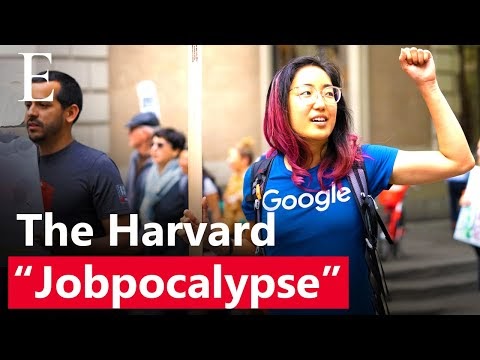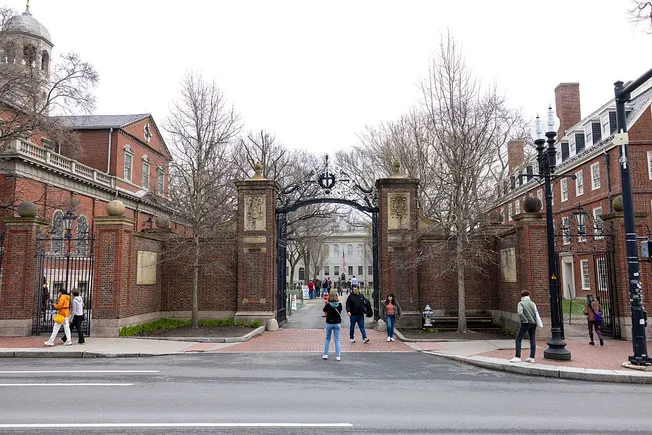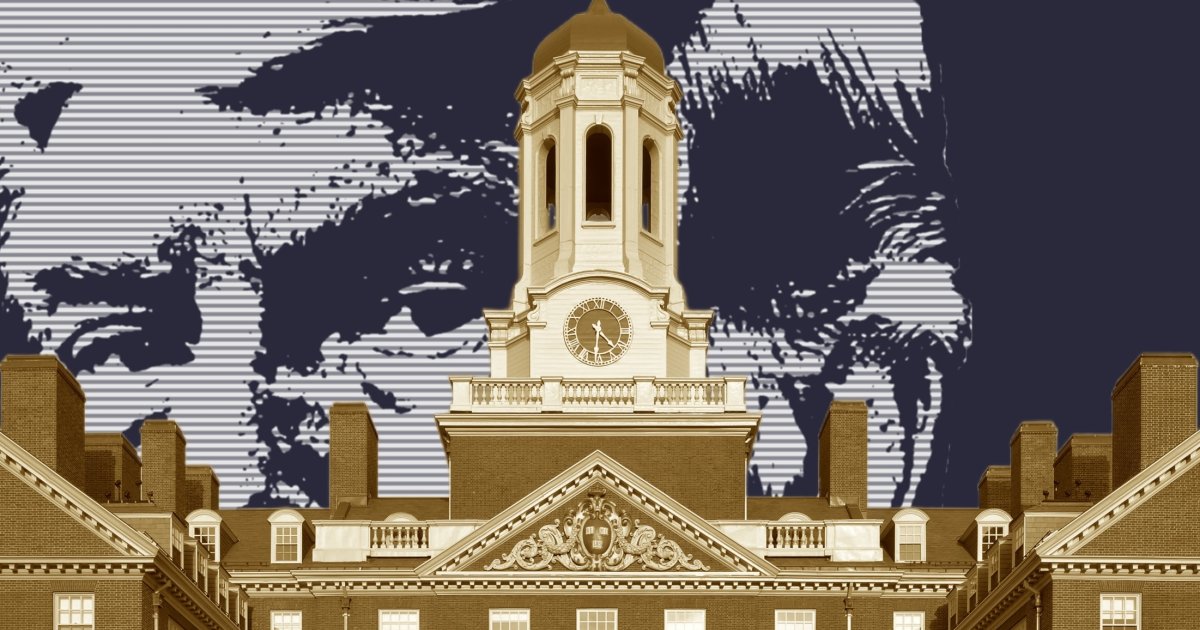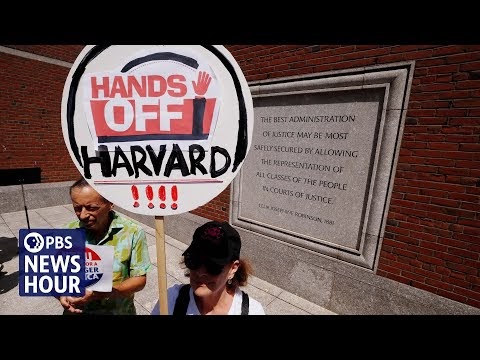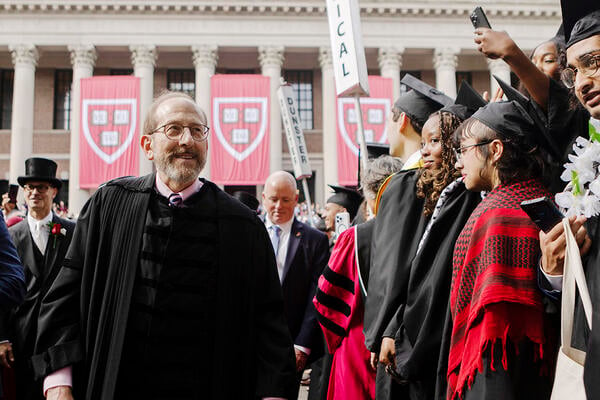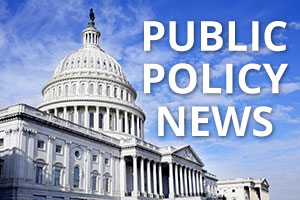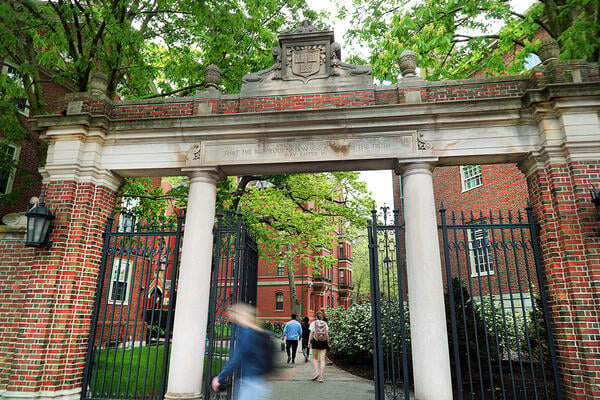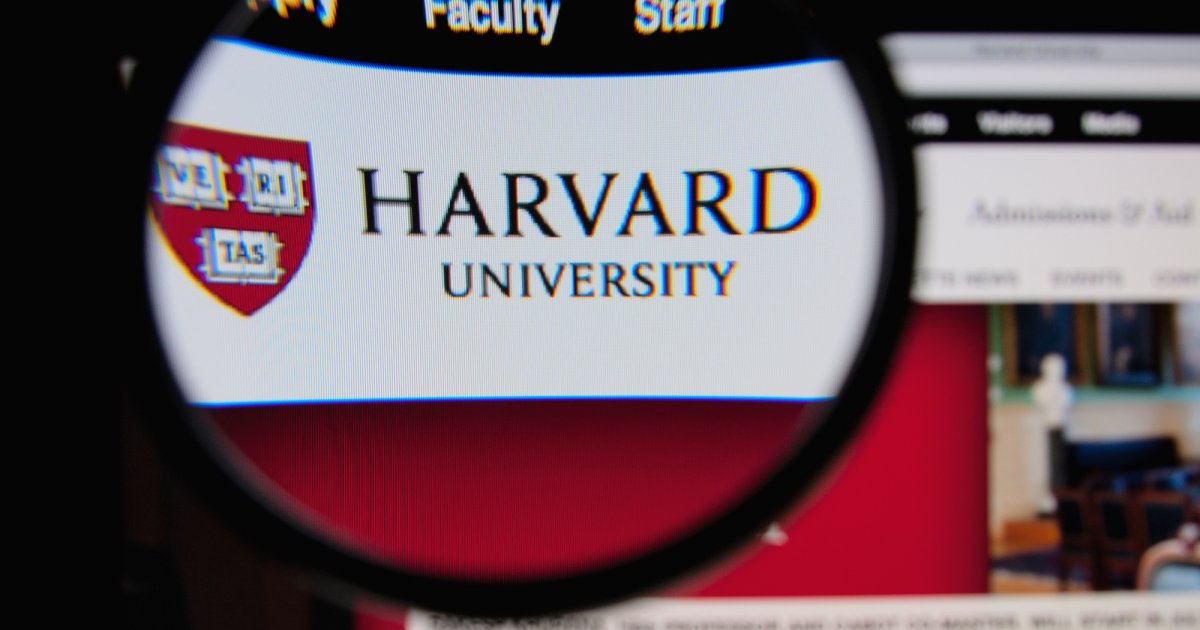In a recent podcast, Harvard president Alan Garber said some things about teaching that I found at best odd, and at worse pretty much nonsense, because if we’re talking about teaching and learning—supposedly the core of the undergraduate experience at Harvard and elsewhere—it doesn’t make any sense.
As reported by the Harvard Crimson student newspaper, reflecting on the present challenges to institutions around accusations of intolerance and hostility to free debate, Garber came down firmly on the side of not debating (bold is mine): “I’m pleased to say that I think there is real movement to restore balance in teaching and to bring back the idea that you need to be objective in the classroom.”
It came as news to me that it is a goal to be “objective” in the classroom, because objectivity is not a value that I associate with writing instruction, my primary field of expertise. As I’ve written here previously, my first-year writing students often struggled with this notion, believing that it was their job to not only be objective but in also to be “authoritative,” which had them adopting strange approaches to expression as they tried to BS themselves and the audience in a weird performance of fake erudition.
Instead, I introduced students to the values that I believe properly attach to personal expression through writing—which is what all scholarship is, after all—values like transparency, openness, fairness, accuracy and curiosity (among others).
They need to practice these things in order to build trust with their audience in the effort to be convincing, not as some kind of objective authority, but as someone who has proven themselves trustworthy through the deployment of sound writing practices and respect for the audience.
As I told students, this is no guarantee of people agreeing with you or adopting your position, but in my view, the job of the writer is to be as clear as possible with their own positioning in order to foster an ongoing, in fact never-ending, academic conversation in which people with different perspectives come together to communicate across topics in ways that fundamentally illuminate those topics for the benefit of an interested and engaged audience.
I don’t think any of this is controversial and has, in fact, been the underlying engine of academic inquiry for, I don’t know … ever? That faculty having opinions rooted in their expertise and then expressing those opinions somehow became controversial is not a problem with the academic conversation.
I admit that this framing of discourse is a little quaint in an era where attention is the primary (perhaps only) coin of the realm and attempting to be accurate, transparent and fair seems to matter very little, but one of the great things about the essentially conservative nature of higher education institutions is that we get to cling to out-of-fashion notions because we believe they are consistent with our underlying values.
I wonder where Garber got this notion that objectivity in the classroom is something that used to be the norm. I don’t remember my Econ 101 professor in fall 1988 regaling the class with a balanced discussion of socialist and Marxist (or even New Deal) economic theory. Instead, I was subjected to what would become bog-standard neoliberal notions about markets, competition and deregulation—notions that are highly contested within the field of economics.
Which is as it should be! This is the work of academia.
It’s possible that Garber is paying a little bit of lip service to audiences he knows have been critical of what they perceive as the ideological biases in higher ed, but it is enervating to see a college president validate critiques that have been overwhelmingly applied in bad faith to undermine institutions. If you don’t believe me, perhaps you should consider the testimony of former Republican governor of Indiana Eric Holcomb, who spent a semester teaching at an elite university, expecting to find an ideological monoculture, but experienced the opposite—a place of open debate, differing viewpoints and productive intellectual exchange.
Holcomb was “surprised,” but he shouldn’t have been, because those of us who work within higher education know that the critique Garber is validating is overwhelmingly untrue.
Oh, that elite institution where Holcomb found not objective presentation of information but open debate? Harvard.
What is a bigger threat to free expression on campuses, faculty expressing opinions in classrooms, or institutional leaders publicly declaring it’s important for faculty to keep things “objective”?
One of Garber’s rationales for championing objectivity was that this approach would be in the interest of students, saying, “How many students would actually be willing to go toe-to-toe against a professor who’s expressed a firm view about a controversial issue?”
Harvard students, or at least one Harvard student, Adam Chiocco, also writing at The Harvard Crimson, reject this rationale, pointing out that one of the things that draws students to Harvard is the faculty, who have deep expertise and “the most refined and developed perspectives in academia.” Garber is essentially asking faculty to shelve that expertise in the service of what, exactly?
Chiocco isn’t having it. As he says, “When a professor offers their perspective, students can see how an expert in a field thinks through an issue, how their arguments are structured, and often gain new ways to analyze sources. Good professors will then invite disagreement with their views, challenging students to contemplate and present thoughtful questions and objections.”
This is happening in thousands of classrooms across the country every single hour of the day. While there are outlier exceptions who may abuse the privilege of their position, we know, and Garber knows, as former governor Holcomb knows, that they are by far the exception.
Chiocco again: “For all involved, binding expertise to the ideal of neutrality constricts the possibilities for meaningful learning.”
I don’t think the freedom of students to learn and faculty to teach is helped by a university president giving credence to a fiction or offering a vision that is inconsistent with what we know to be good educational practices.
There are obviously bigger threats to academic freedom right now, like Texas A&M censoring Plato and canceling graduate courses on ethics because a professor can’t promise to guide discussion according to the dictates of a politically partisan legislature.
But part of fighting those larger forces is making the affirmative case for the work faculty and students do. President Garber failed that part of his duty with his podcast remarks.


